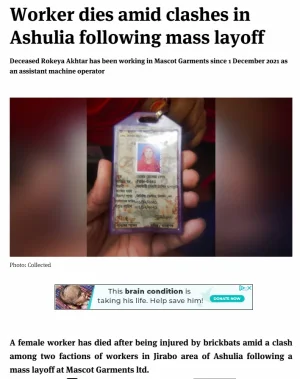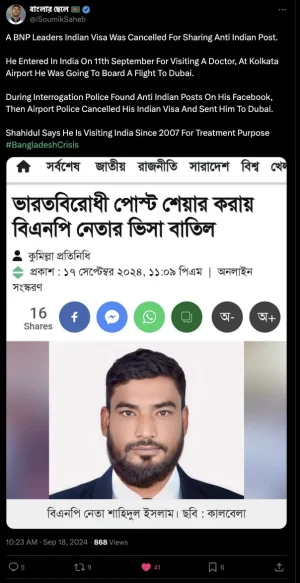Stomach is only relevant after capability. We do not have he capability to fight a war without serious external support for more than a couple of months. maximum.
It depends on upon the country.
Against China/US, we can't.
Against Pakistan, we can for a long time (but they can't).
Against BD, war will be not prolonged enough to pressurise. We don't need to invade BD is a different case.
The NE states are compromised to say the least - the lack of development and general connectivity with rest of India has left them vulnerable to illicit conversions to Xtianity, drugs/weapons trafficking etc. which have been fully exploited by a lot of external powers including the PRC/US. Anyone who has visited Siliguri corridor knows what I am talking about. You can rest assured that they will figure out a route through the NE states or Myanmar and riverine coastlines to get supplies to BD guerillas. If IA decides to get involved, it should go in fully understanding the gravity of the situation and be ready for the costs that it would incur. Underplaying the risk would be at our own peril.
Pessimism might be useful to anticipate worse case scenario but must be realistic.
If you believe that you can maintain enough logistics supply for BD military with the help of insurgencies Myanmar to fight against world's second largest steel producer, largest standing army whose navy and army locks the Bangladesh effectively from all sides (added Bangladeshi Aerospace is nearly defenseless), you may probably believe that you can supply enough arms to mainland Chinese cities to topple down CCP and PLA forces.
BD is not a military problem nor is going to be in foreseeable future as gradually same is happneing with Pakistan alongside their economic decline. These problems nor have a military solution.
It is the problem inhabiting India's rebellious Muslims which are not fit for Indian society, in separate landmasses and prevent them from being nuisance.
More they unite and intract with each other, more border nuisances they will create and more foregn powers will abuse them. Problem is installing a pro India government for long term which keeps the trouble away like we did with Hasina.
What we need is a regime chnage in BD and somehow cover it from public backlash like done to Hasina. Subsequently, doing same in Pakistan would also eliminate one more front down the line in decades. Otherwise, there will always be conflicts at border regardless of power gap between India and Pak.
How did India muck this one up? We liberated this turd of a nation and now this nation is asking for its former rapist for collaboration?!?! We need serious introspection of the policies of RAW, IB and foreign ministry!! The bonds of chummah and hatred of the kaffir appear far greater than any forced bdsm performed on them!!

For Pakistanis on BD, neither they asked, nor we liberated them.
We just snatched a part of their land and installed a pro India government there. We managed that well for long.

 www.tbsnews.net
www.tbsnews.net







